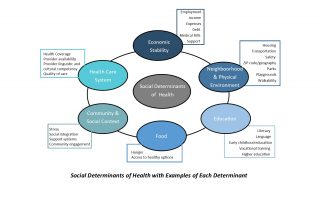Get to Know the CompAlliance Team Part 2 in a Series
First Up is Tim Nickel, one of our Directors of Regional Sales in the Midwest. Tim primarily focuses on the St. Louis area, but has been known to work with our clients from all over the US! What do you like best about your job? - I love providing [...]





